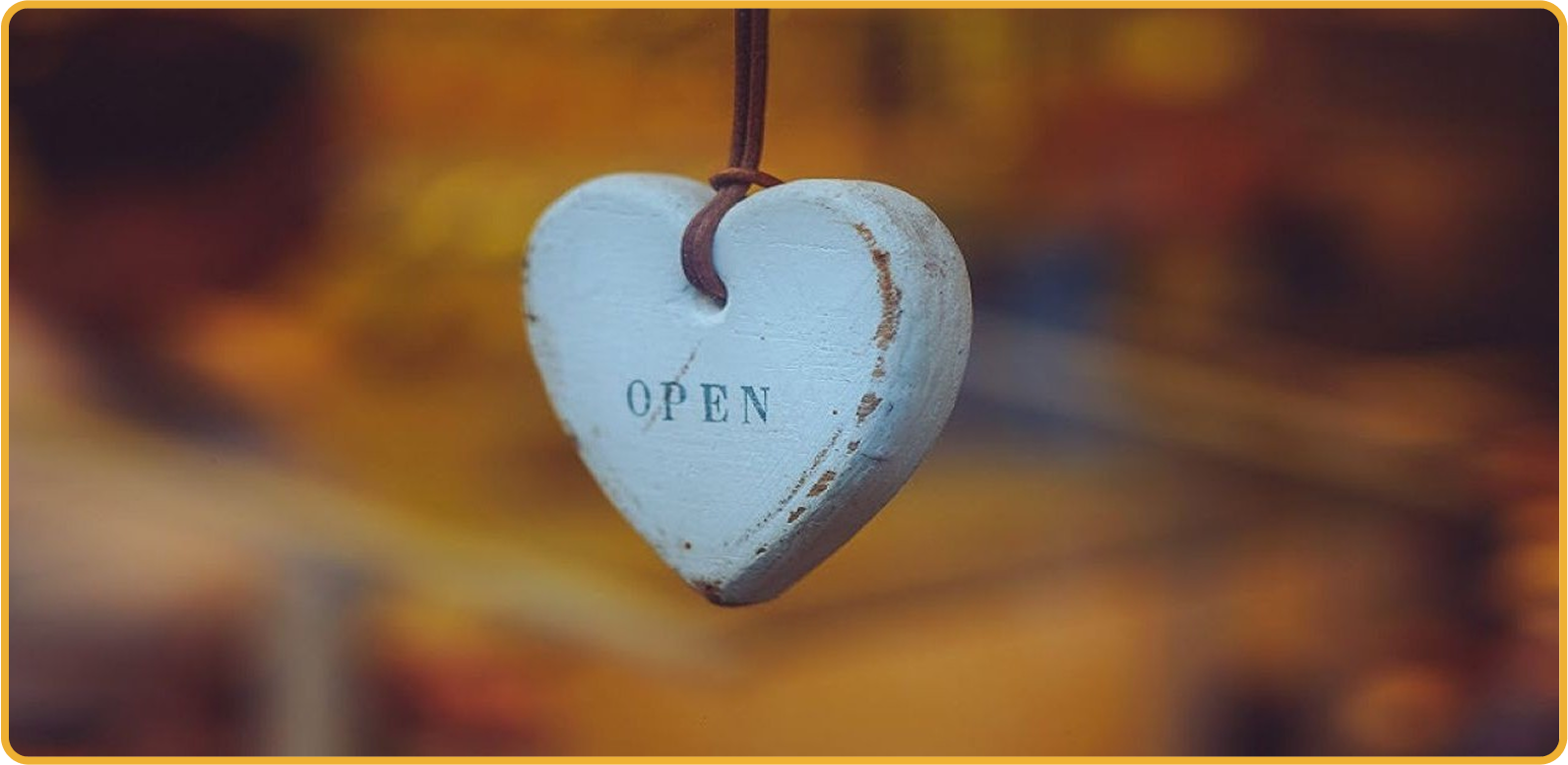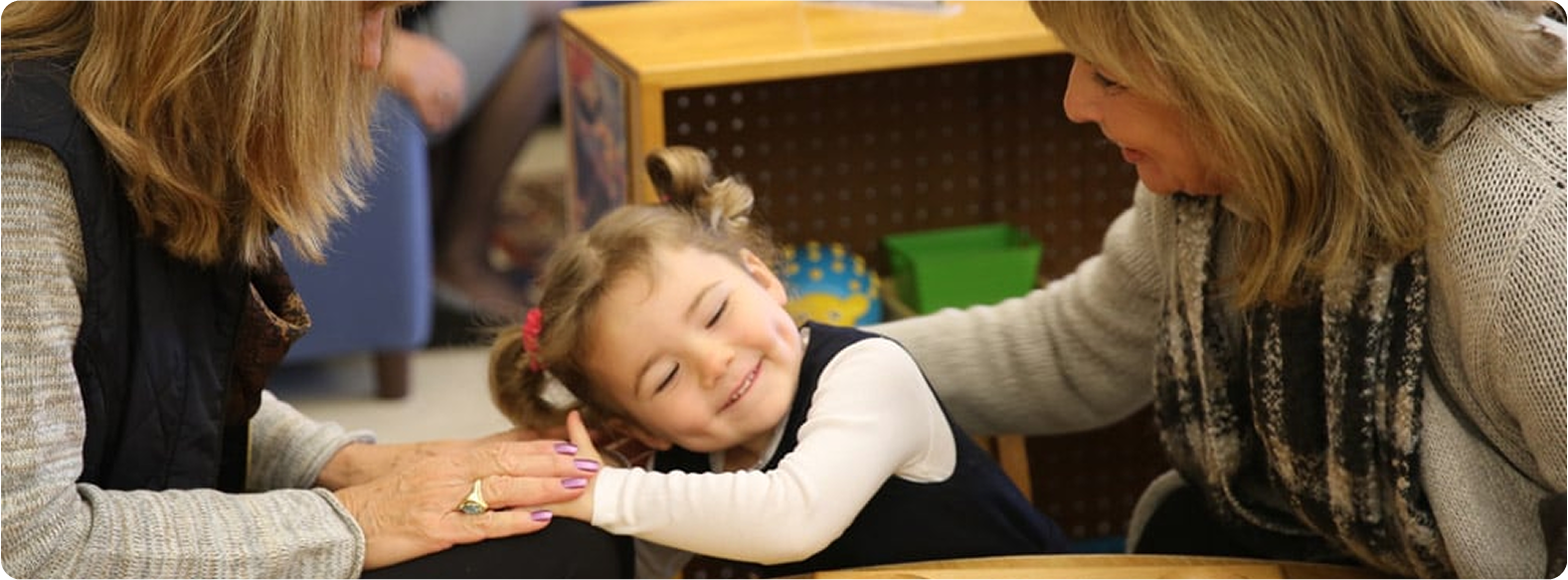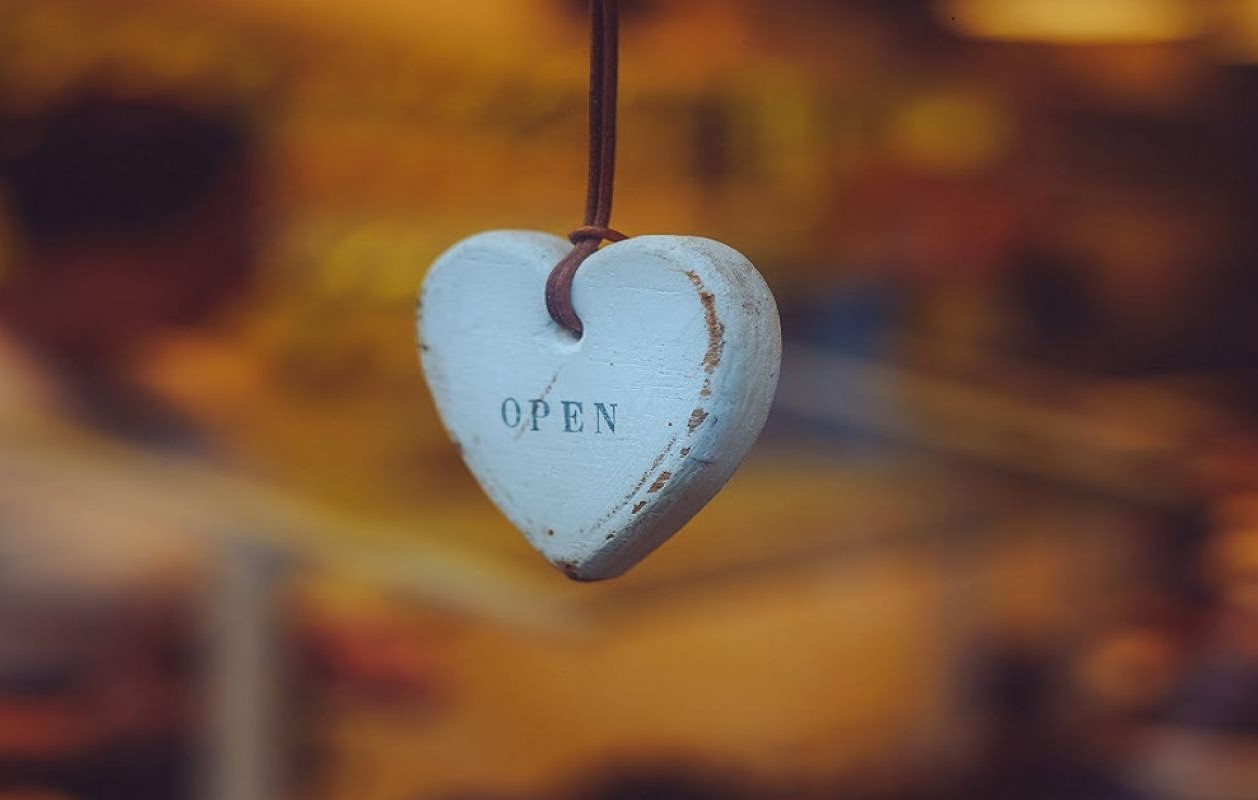The Underrated Pause
Parenting often happens at the speed of emotion. A child yells, and we want to yell back. A door slams, and our hand twitches toward the consequence. We are wired to react quickly, to meet fire with fire.
But one of the most powerful tools we have as parents is also the simplest: the pause.

What a Pause Really Means
Pausing doesn’t mean ignoring or giving in. It doesn’t mean you’re letting your child “get away with it.” It means you are giving your own nervous system a chance to settle before you guide theirs.
Children borrow regulation from us. If we are spiraling, they spiral faster. A pause is a gift of steadiness, not weakness.
Sometimes it’s as small as a slow five-second inhale before you speak. Other times it’s a gentle, “I need a moment.” I’ve even seen parents put their hand on their chest as a cue to reset. It looks simple, but it is powerful.

Why the Pause Changes Everything
Without a pause, frustration drives the moment. Words tumble out that you don’t mean. A child may fall into fear or defensiveness, learning only that your anger matters more than their feelings.
With a pause, you become the calm anchor in the storm. You choose your words more carefully. You hold boundaries without harshness. And your child gets to witness self-control in real time.
When I was Dean of Students at a progressive school, I watched teachers use the pause as a way to guide students back toward boundaries with warmth and clarity. They didn’t see crossed lines as a personal challenge; they saw them as opportunities to teach. And when they paused, students felt respected, not shamed. The same is true at home.

Modeling the Skill You Want Them to Learn
Our children learn more from what we model than from what we say. When they see us pause instead of lash out, they learn that emotions are real, but they don’t have to control behavior.
That’s the heart of the pause. It teaches children that self-control isn’t about shoving feelings down. It’s about holding them long enough to choose wisely.
A Simple Practice to Try
The next time tension rises:
- Notice your body: racing heart, tight jaw, clenched hands.
- Put your hand on your chest and breathe in slowly.
- Whisper, “I need a second.”
- Then respond with a calmer tone.
This won’t erase conflict, but it will reshape it. A pause keeps your connection intact, even when emotions run high.

Final Thought
Parenting isn’t about perfection. We all lose our cool, I’ve done it, every parent does. But the pause offers us a way back. It protects our dignity and our child’s.




